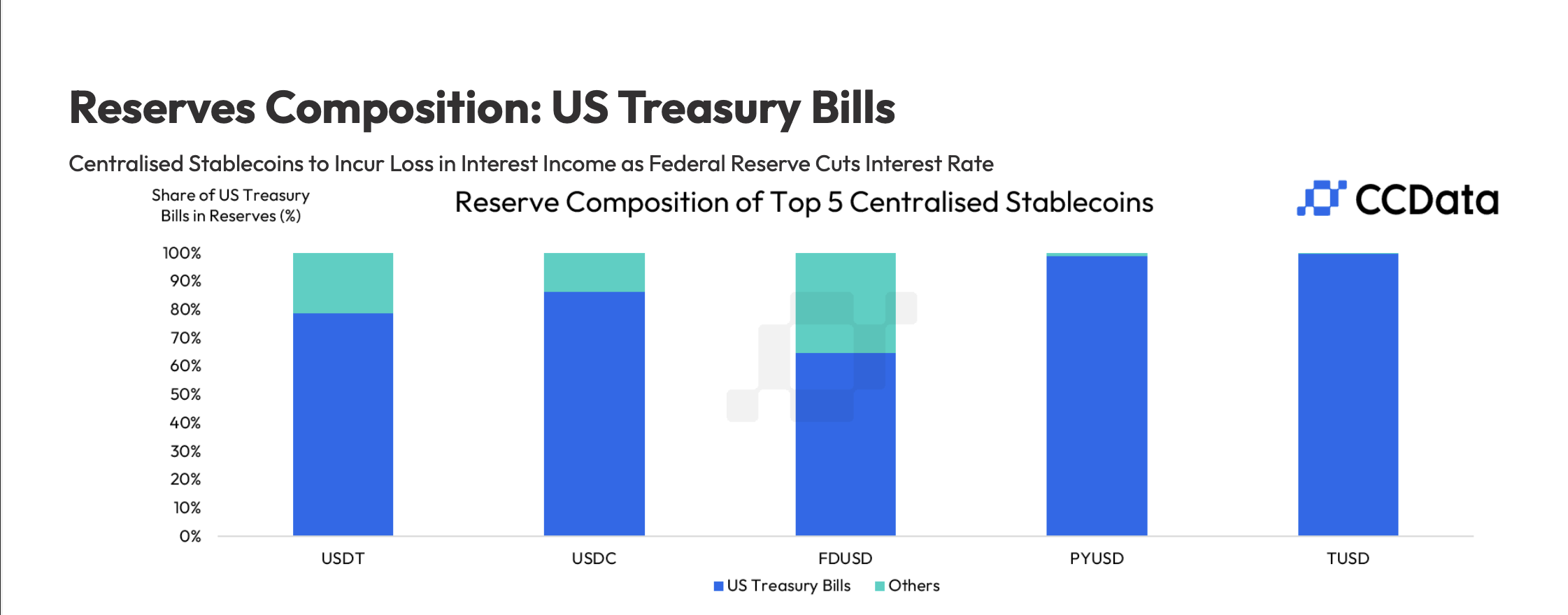The Federal Reserve’s recent stance on interest rate adjustments has left market analysts and investors scratching their heads. Despite indications that rate hikes might be pausing, the Fed’s discussions have shrouded the possibility of rate cuts in mystery.
At their December 12-13 meeting, Federal Reserve officials signaled a potential halt in rate hikes, yet the conversation noticeably lacked depth on when rate reductions might begin. Although most officials predicted a downturn in policy rates this year, the meeting minutes revealed a maintained openness to the possibility of further rate hikes.
Deciphering the Fed’s Mixed Signals
The ambiguity was further fueled by Fed Chair Jerome Powell’s comments post-meeting, which juxtaposed with the released rate projections, implied a likelihood of forthcoming rate cuts. This contrast between Powell’s remarks and the Fed’s official guidance, which leaned towards risks necessitating higher rates, sparked confusion and led to a surge in market expectations for rate reductions in 2023. Investors now speculate that the Fed might initiate rate cuts as early as their March policy meeting, a significant shift from the consistent rate increases observed throughout the previous year.
The minutes from the December meeting did little to clarify this ambiguity. While acknowledging reduced risks of higher-than-expected inflation, Fed officials also expressed concerns about maintaining the policy rate at its current, restrictive level for an extended period. Some officials warned that an overly restrictive stance could lead to weaker-than-expected economic performance. This cautious approach underscores the Fed’s delicate balancing act between curbing inflation and supporting economic growth.
The Fed’s Monetary Policy and Market Implications
A key factor in the Fed’s cautious approach is the divergence in opinions among officials. While some believe the most challenging part of the inflation fight, caused by pandemic-related disruptions, is over, others anticipate further supply-side improvements that could ease inflation without necessitating high interest rates. This divide adds layers of complexity to the Fed’s decision-making process.
The Fed’s use of its overnight reverse repurchase agreement (ON RRP) facility also offers insights into its monetary policy strategy. The facility, which swelled in usage towards the end of 2023, reflects the Fed’s ongoing efforts to reduce excess liquidity in the financial system. This reduction, a part of the Fed’s quantitative tightening (QT) process, has significant implications for the banking sector and the broader economy. The Fed has been allowing billions in Treasuries and mortgage-backed securities to mature without replacement since mid-2022, aiming to shrink its balance sheet and consequently, the amount of liquidity in the financial system.
The Fed’s balance sheet policy is influenced by various factors, including Treasury bill issuance and private market repo activity. These elements contribute to the changing usage of the ON RRP facility and, by extension, impact the Fed’s balance sheet strategies. Some market participants caution against basing balance sheet policies solely on the facility’s usage, suggesting that it may not return to pre-2021 levels due to shifts in financial systems and market attitudes.
Despite the ongoing QT and discussions of rate cuts, Fed Chair Powell has indicated that the committee is prepared to continue the QT process while contemplating interest rate reductions. He believes that the system is not yet near reserve scarcity, signaling a continued cautious approach.
In essence, the Fed’s current stance on interest rate cuts is a complex interplay of economic indicators, policy objectives, and market dynamics. While the possibility of rate reductions looms, the Fed’s cautious and somewhat enigmatic approach reflects its effort to navigate an uncertain economic landscape. As 2024 unfolds, the financial world will keenly watch the Fed’s moves, looking for clarity in a situation brimming with nuanced signals and deep economic implications.





